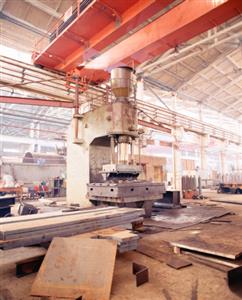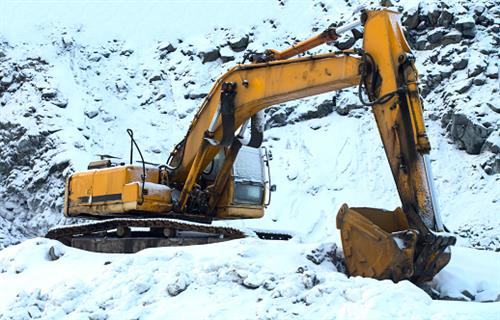
Whether you're dealing with a potential court case, the sale of your company, a bad tax assessment or that loan that will allow you to significantly expand your operations, it's vital that you work with accurate numbers to ensure that the process goes smoothly with no unwelcome surprises. If you've been dealing with an appraiser and something doesn't seem quite right about their numbers, it may be time to think about getting a second opinion. In that case, you may want to look at having appraisal review work completed that allows you to ensure the accuracy of the final result. Here's a quick look at what appraisal review is, what it entails and what you can expect from the process.
Concerned About Accuracy? Consider Appraisal Review Work!
Let's start by talking about the reasons that appraisal reviews are performed. If an appraisal was performed by a company that is not certified, it's often easier to verify the existing work than to have an entire new appraisal performed. This allows a fresh set of eyes to check the figures, calculations and information used for accuracy, providing you with details on where it has worked out and where inaccuracies may lie. Another area where appraisal reviews are used is during the audit process. When a piece of equipment is valued at a particular amount that doesn't seem quite right, having an appraisal review performed allows you to see whether that original figure was accurate or if it needs to be revised.
Among the issues that may make you choose to have an appraisal review performed is having business property in a declining market, a comparison to a business that isn't as close a match as it should be or other aspects of your business that could potentially open you up to a risky financial situation. The appraisal review goes over all of the processes and figures used in the original appraisal, checking those figures and the calculations that were used with them for accuracy. During this time, the appraiser also keeps an eye out for omissions that may have accidentally occurred, such as failing to list an upgrade or an add-on kit for a piece of equipment that would drastically raise its value to potential purchasers.
An appraisal review may also be requested by a financial institution if it feels that the equipment being financed represents a specific potential risk to your business and its ability to repay financing. As an example, if you are purchasing used equipment and wish to finance it through your bank, you may need to provide an appraisal review to ensure the accuracy of the original appraisal prior to the loan being approved.
When you have appraisal review work performed on a previous appraisal, you can quickly determine where the issue with the original appraisal was or if there was in fact an issue at all. This can be a very handy tool for audits and similar work where verification of value is vital to the integrity of the final figures that are determined. However, that doesn't mean just anyone who knows a little bit about pricing is the way to go! You need a certified equipment appraisal specialist who understands the fine nuances of machinery value so that they are using standardized, tested methodologies that will provide you with the most accurate results.





